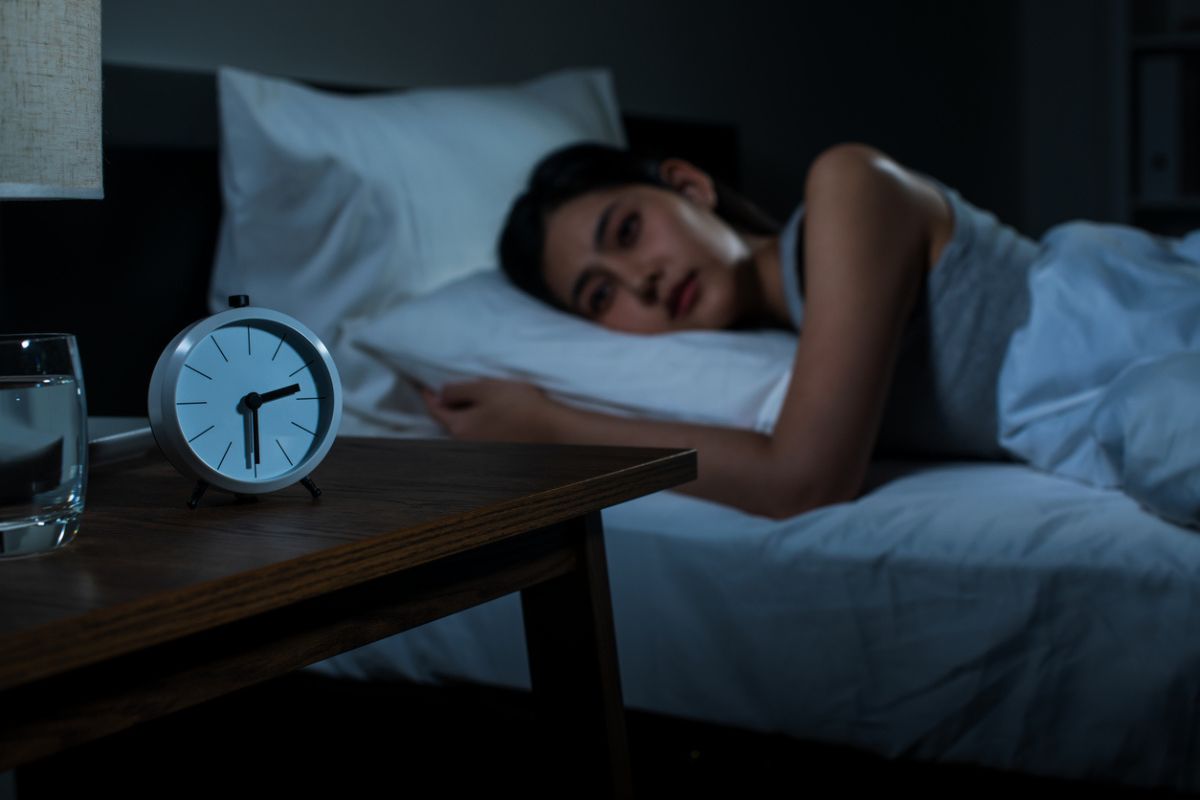That restless night could be worse than you thought. A new large-scale analysis of more than a million electronic health records (EHRs) from Finland and Wales has uncovered some intriguing links between sleep disorders and neurodegenerative diseases. These include Alzheimer’s and Parkinson’s disease, vascular dementia, and amyotrophic lateral sclerosis (ALS).
What the researchers found appears to show that disrupted sleep could play a more powerful role in provoking these conditions than we realize. And, even more troubling, this risk crops up even in the absence of a clear genetic predisposition.
The paper, which appears in NPJ Dementia, is the result of an international collaboration led by Cardiff University in Wales and the National Institutes of Health in the United States.
Methodology
The researchers sifted through the health records of patients in the UK Biobank (UKB), the Secure Anonymised Information Linkage (SAIL) database in Wales, and FinnGen in Finland.
“In our study, we wanted to understand the complicated relationship between sleep and dementia. People living with dementia often experience sleep problems, but there is not yet enough evidence to say for sure whether poor sleep increases risk of dementia,” explained Emily Simmonds, co-author and research associate at the UK Dementia Research Institute at Cardiff University. “By using biobank data, we had timestamped records of when people had sleep disorders, and exactly when they were subsequently diagnosed with a neurodegenerative disease – rather than relying on self-reporting.”
The international research team discovered that those who’d received a sleep order diagnosis boasted a much higher risk of developing NDDs later in life.
(It’s worth noting that these risks appeared as many as 15 years before a formal neurodegenerative diagnosis. This, the authors suggest, could mean that these issues act as early warning signs of disease progression rather than just a symptom of it.)
The primary disorders that study’s authors looked at included obstructive sleep apnea, insomnia, and circadian rhythm disturbances. Specifically, the researchers found that patients with non-organic disorders, such as insomnia, faced elevated risks for Parkinson’s, as well as vascular and general dementia.
The link between obstructive sleep apnea and vascular dementia seemed to be particularly robust, hinting at potential cardiovascular mechanisms that could be (at least in part) to blame.
Risks Persist Even Without Genetic Influence
“Perhaps most interestingly, this increased risk was occurring independently of genetic risk factors for Alzheimer’s and Parkinson’s, with sleep disorders almost ‘compensating’ for low genetic risk,” Professor Valentina Escott-Price, group leader at the UK Dementia Research Institute, added. “One would expect that if sleep disorders were caused by neurodegeneration, genetic risk of sleep disorder and neurodegenerative disease would line up.”
For both Alzheimer’s and Parkinson’s, those with sleep disorders tended to have lower genetic risk scores than those who developed these diseases without any record of such problems. This suggests that a lack of rest might just be an independent or compensatory pathway to neurodegeneration.
The analysis also found a direct correlation between the number of sleep disorder diagnoses in an individual’s medical history and their risk of neurodegeneration. For example, dementia risk increased steadily with repeated sleep disorder entries in patient records. Sleep disorders diagnosed more than 10 years before a neurodegenerative diagnosis remained associated with future disease. This presents a huge opportunity for potential intervention.
Treating Sleep Disorders
The researchers also explored the relationship between sleep apnea and use of continuous positive airway pressure (CPAP) machines. Notably, many CPAP patients didn’t have formal apnea diagnoses in their records, which hints at possible underreporting issues. Even so, CPAP use yielded similar risk estimates to apnea diagnoses, underscoring the potential of treatment to impact disease outcomes.
While the study supports earlier studies that tied poor sleep to neurological decline, it also introduces the idea that treating these disorders – especially during midlife – could pave the way for more effective treatments. The findings could also help shape clinical practices, including enhanced screening protocols.
“These results open the door to novel prevention strategies, including sleep-focused interventions for people who wouldn’t otherwise be flagged as high-risk,” the authors wrote. “Improving sleep quality through behavioral therapy, medication, or medical devices like CPAP could help reduce neurodegenerative burden across the population.”
Overall, this new research repositions sleep not just as a mental (and physical) health necessity, but as a potentially modifiable risk factor.
Further Reading
Global Parkinson’s Disease Cases to Surge by 2050



